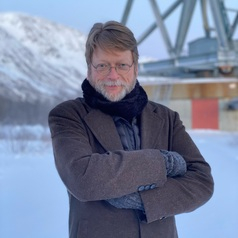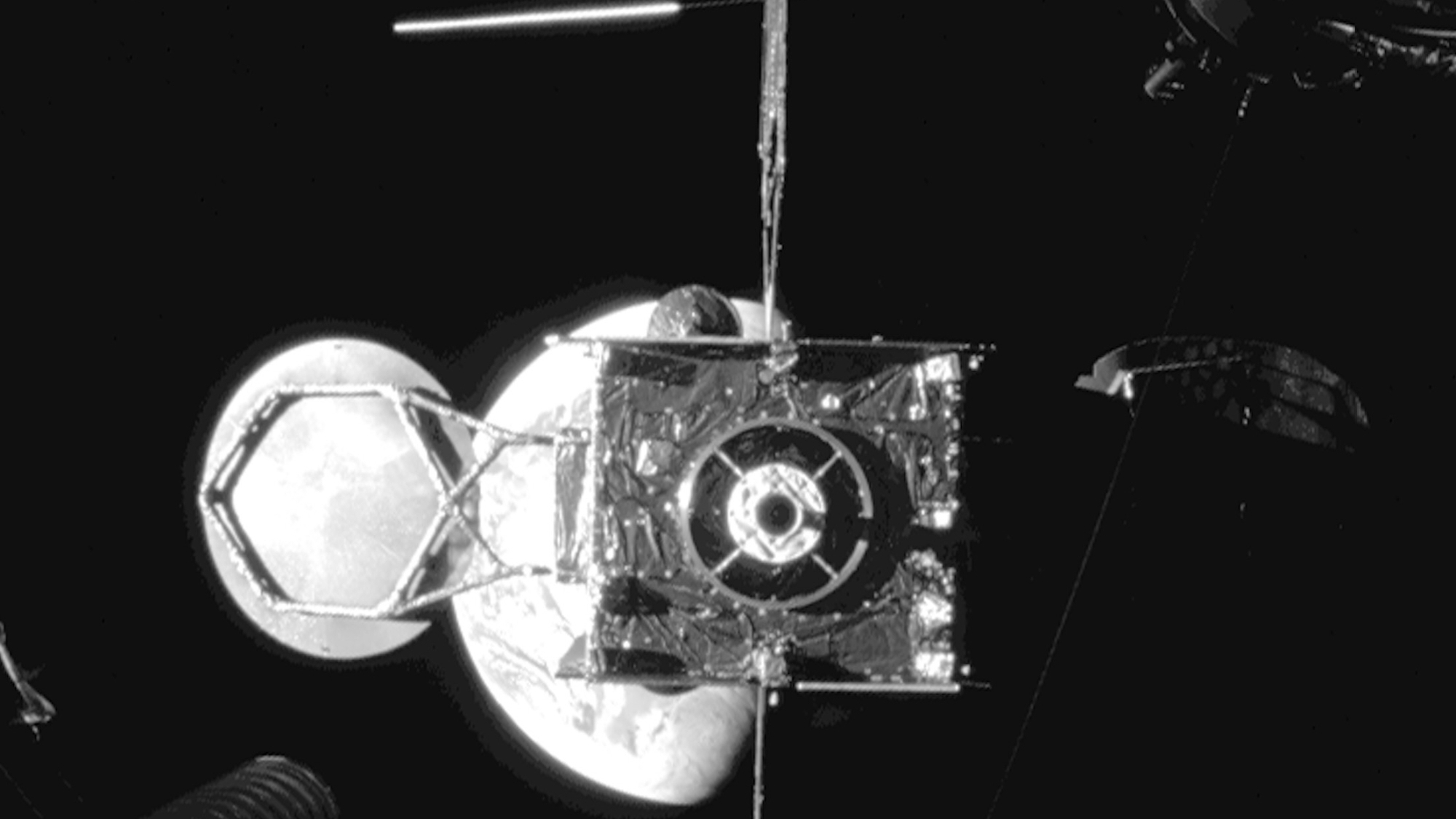Tapping Archaeology to Seek the Cosmic Rosetta Stone
The imagesare vivid, capturing the essence of exploration. Archaeologists digging up theremains of long lost civilizations. Anthropologists encountering exoticcultures with strange languages.
But doarchaeologists and anthropologists have anything to teach the Search forExtraterrestrial Intelligence (SETI), where encounters are at the distance oflight-years, and a round-trip exchange could take millennia?
"Absolutely!"was the resounding response at a conference held last year of the AmericanAnthropological Association. One of the best-attended sessions of that meetingconsisted of papers from leading scholars who pondered the daunting challengesof reconstructing alien civilizations - at interstellardistances.
A monthearlier, in November 2004, many of the same scientists had gathered at the SETIInstitute for a symposium fittingly called "In Search of a Cosmic RosettaStone," a reference to the slab of basalt that provided the key to decodingEgyptian hieroglyphics.
Analogiesof Contact
"Theapproaches we take as archaeologists in our search for peoples from anothertime and place may well offer some useful analogy to the search forextraterrestrial intelligence," suggested archaeologist Paul Wason, one of theparticipants. "Our work is conducted without the benefit of direct contact withliving beings," he observed, which is akin to SETI's attempt to detectintelligence around distant stars.
But how cananalogies help us anticipate contact with extraterrestrials?
Get the Space.com Newsletter
Breaking space news, the latest updates on rocket launches, skywatching events and more!
Forstarters, by providing a case study of Homo sapiens encountering analien intelligence, Wason explained. "The meeting of Neanderthals and sapiensmay be a good example for analogy--for it was a meeting of two different kindsof consciousness," he added.
But beforewarned as we start to draw lessons for SETI from such encounters, Wasonurged. The analogy may be humbling.
"It may bethat in such a comparison of us with ETI, ...we are the Neanderthals," he said.
OurPlace in the Universe
And yet,isn't all of this work premature? Shouldn't we wait until at least knowing thatintelligence exists beyond Earth?
PsychologistAlbert Harrison didn't think so. He argued that as we contemplate contact withother worlds, we have an opportunity to gain a better perspective on ourselves.
"Plannedefforts to communicate beyond Earth should force us to step back and look atthe big picture," said Harrison, a professor at the University of California atDavis. "Deciding what might be important for another civilization forces us tomove beyond our pathologically narrow time span and develop a long termperspective."
Even if wenever make contact, Harrison observed, we might reap significant benefits bypondering these issues now.
"Determiningwhat we should say and who should say it could be a useful self-study thatfosters self-contemplation and encourages consensus," Harrison noted. "Thesedeliberations should encourage us to think about what makes us human, where weare going, and how we conceive of our place in the universe."
Join our Space Forums to keep talking space on the latest missions, night sky and more! And if you have a news tip, correction or comment, let us know at: community@space.com.

Douglas Vakoch, Ph.D., is President of METI International, a nonprofit research and educational organization dedicated to transmitting intentional signals to nearby stars, as well as fostering sustainability of human civilization on multigenerational timescales—a prerequisite for a project that could take centuries or millennia to succeed. Dr. Vakoch is a frequent science commentator on television programs that explore astrobiology - the hunt for life in the cosmos, including the Search for Extraterrestrial Intelligence (SETI). His expertise includes space exploration, the societal impact of science, COVID-19, and environmental threats to humanity's long-term survival. He has published more than two dozen books covering the search for life beyond Earth, COVID-19, the psychology of space exploration, transgender studies, ecofeminism, sustainability, and science fiction.









